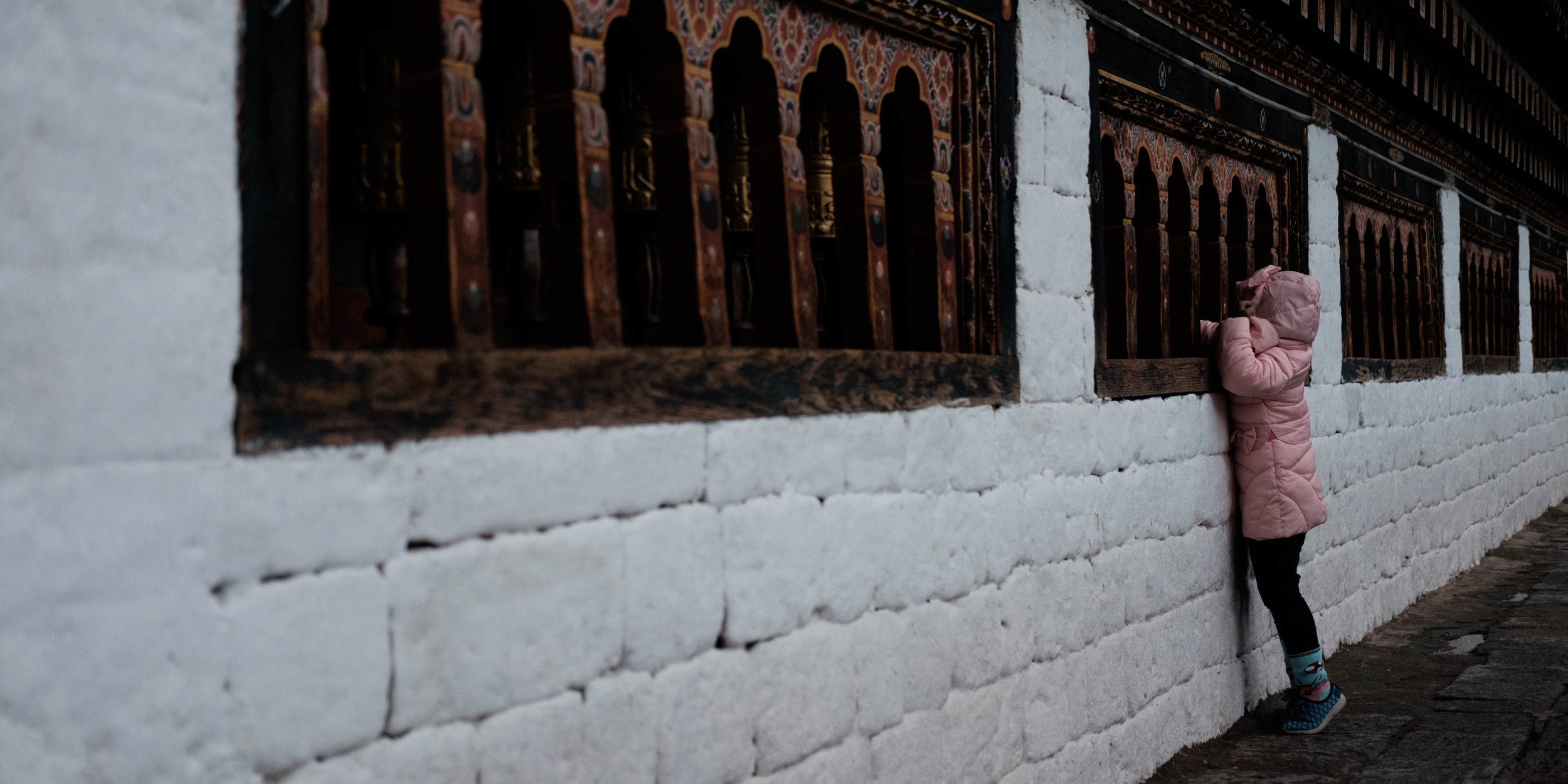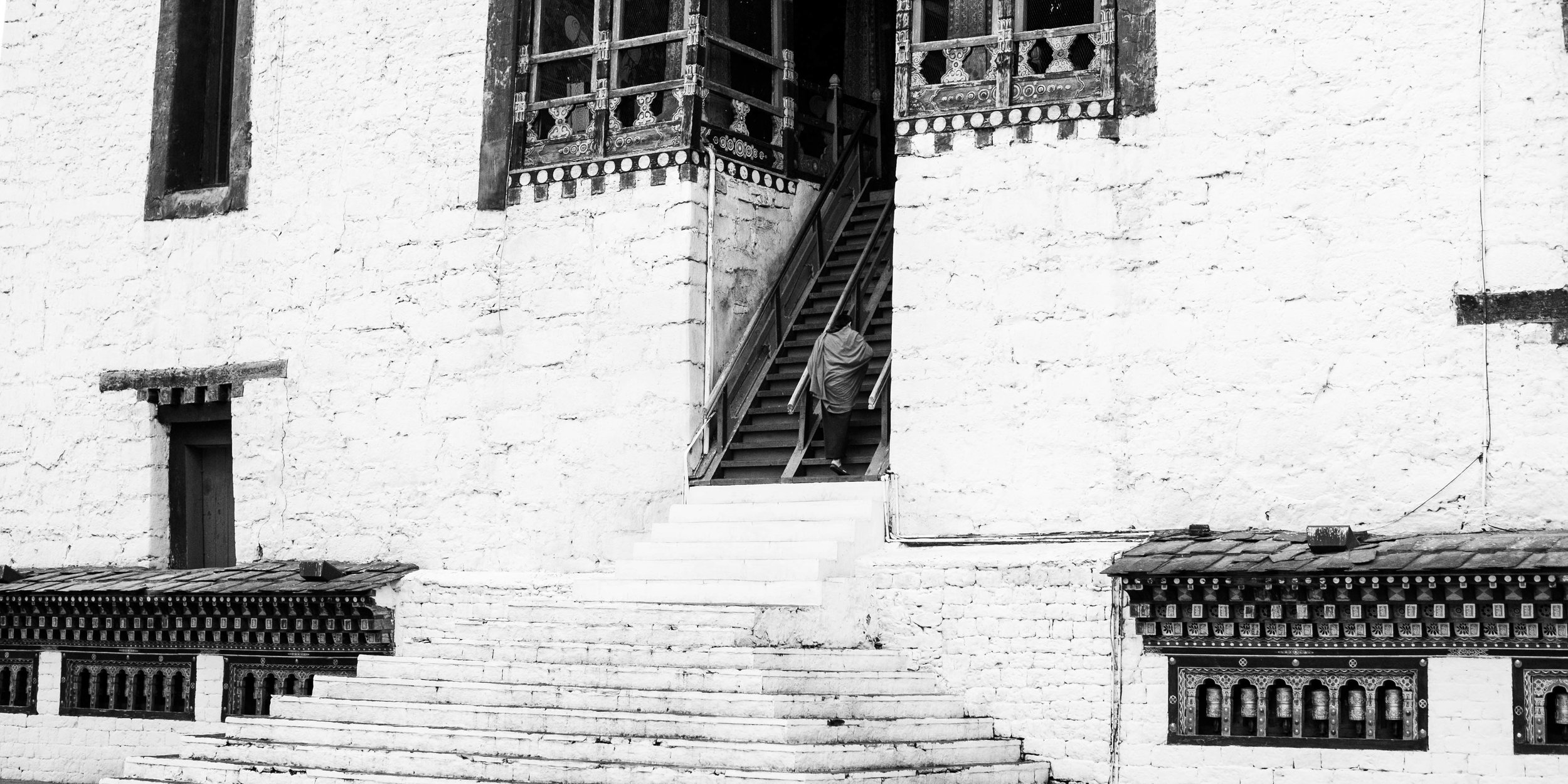I’ve finished two galleries containing photographs taken in Bhutan (or as it’s sometimes known locally, Druk) where I spent a bit over a week earlier in 2018.
To prepare, I read Karma Phuntsho’s The History of Bhutan. It’s a modern history, in the sense it’s about the rigorous analysis of sources to establish facts, knowing what we know about the limits of the physical world. Mysticism, magic, and superstition is discarded, except to the extent it might, for instance, tell us what people actually believed, or that a myth might be a metaphor for something ‘real’, or hide a kernel of truth.
Phuntsho tells us a few stories, about mad monks, blessed treasure hunters, and magic-wielding gurus, but not too many and only where it helps tell us about what real people believed. He marshals some linguistic evidence to tell us about when certain people might’ve arrived (and from where). There is barely any archaeological evidence to speak of, so it gets a couple of mentions in a book nearing 1,000 pages. And texts about Bhutan were mainly written by Tibetans or Indians, and most were about religious matters. So going where the evidence is, a big chunk of the middle of Phuntsho’s work is about the dry (to me) intricacies of which major religious figures are being reborn, and when. And it gets messy when, in Tibetan doctrine, a person can die, and be reborn into up to three different people. I lost track of things quite quickly.
Anyway, the one memory I will probably always associate with Bhutan is that of hot butter. Butter, being far more plentiful than oil, is used for lampfuel, and the monasteries are full of it.
I leave you with another story about Bhutan provided by Kishen Kant Bose, who visited Bhutan in 1815, and wrote a fairly wild account of the place and its people.
‘In Bootan lightning does not descend from the clouds as in Bengal, but rises from the earth; this was not actually seen, but the holes in the earth were inspected, and it is universally reported to be the case by the inhabitants.’
I wonder how you think you could tell, by the marks on the ground, that lightning travelled up. Phuntsho remarks, rather lightheartedly, that some locals might’ve enjoyed pulling the leg of a gullible foreigner.




